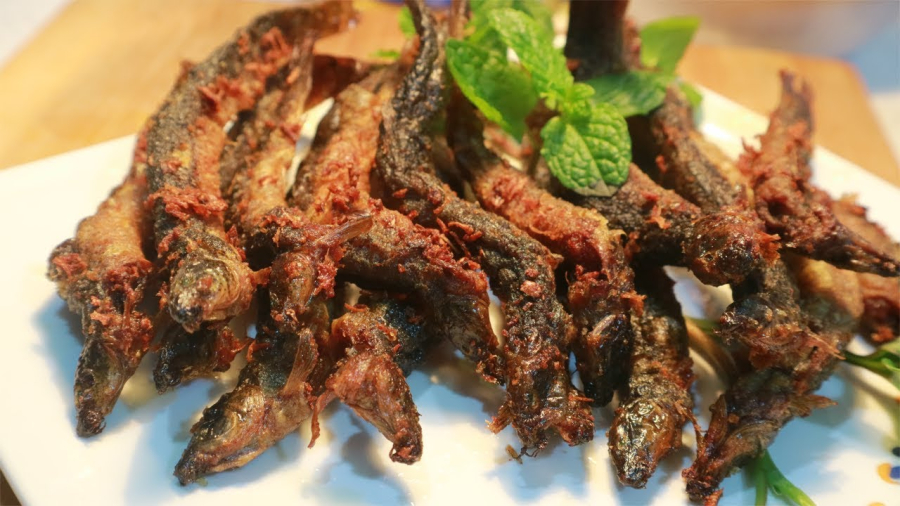Nutritional Value of Mudfish
Nutritionists praise mudfish for its high protein content, making it an excellent choice for a healthy diet. This fish is also considered a “water ginseng” in traditional East Asian medicine, earning it a beloved place in the hearts and kitchens of many. The firm, sweet flesh of the mudfish is a favorite among those who relish its taste and buy it regularly for their daily meals. Additionally, mudfish is often used as a potent medicinal remedy.

A Dish Fit for a Water Ginseng
According to nutritional analysis, 100 grams of mudfish provides approximately 16.9 grams of protein, 2 grams of fat, 3.2 grams of carbohydrates, 16.9 mg of calcium, 3.2 mg of iron, 27 mg of phosphorus, and a variety of vitamins. This makes it an ideal food for those recovering from illness or malnutrition and a potent boost for male virility.
In traditional Chinese medicine, mudfish is highly regarded for its health benefits. It has a sweet taste and a neutral nature, and it is believed to tonify the yang, treat liver ailments, jaundice, boils, ulcers, and sexual dysfunction in men. It is also suitable for those with liver problems, jaundice, or general debility.

A Hearty Dish with Healing Properties
– For those recovering from illness, suffering from malnutrition, or seeking to boost their overall health, a delicious recipe is to cook 100 grams of cleaned mudfish with 50 grams of lean pork, ginger, and pepper. Consume this dish once a day for three weeks, take a one-week break, and then repeat for another three months. This regimen is believed to improve blood circulation and enhance the body’s immune system.
Consuming mudfish as a tonic can strengthen the body, reduce phlegm in the throat, and promote lung health. Those suffering from prolonged weakness or illness can turn to mudfish congee as a nourishing remedy to boost their vitality.






































